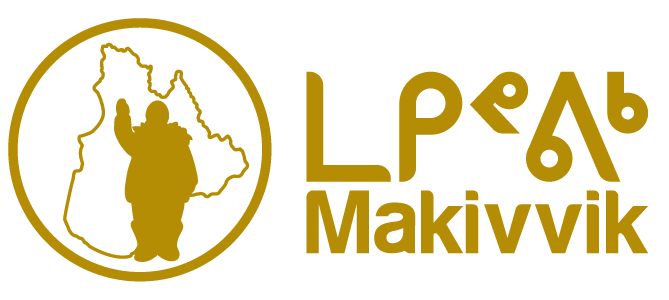By Stephen Hendrie
The recent President’s election was the first time online voting was used for a Makivvik universal election. More than 600 Inuit took advantage of the platform to vote in the convenience of their home or any distant location on planet Earth.
The man behind Makivvik’s venture into electronic democracy is Director of Communications Carson Tagoona. He says it would have been used in the two universal elections in January 2023, but both positions were acclaimed. So, it was first piloted in four Board of Director elections in April, 2023. Overall, he says it went well. “Everybody really appreciated how simple the process was, and just to have this ability now to vote online, or remotely.”
It was something that was considered in the midst of the pandemic. Carson started discussions with the online voting company One Feather, based in British Columbia in 2021. He chose the platform because it allowed a hybrid system to operate – both paper ballots and online voting – at the same time.
Once the internet backbone in the Nunavik region improved with the onset of KRG’s fibre optic cable, and the Starlink satellite dishes, it provided the secure high speed infrastructure needed to move forward with online voting.
Training was provided for 30 returning officers in January 2024 in Montreal – two from each community. “The biggest reason why we had to train returning officers is because they would now be using a live voters list,” says Carson. “Because of the fact that people could vote online they needed to have a real time view of the entire voters list.”
Voting online was a simple process. The Makivvik website provided a step-by-step visual guide to register with the One Feather platform, and then vote. Carson says voters needed to provide their full name, beneficiary number, and date of birth.
“For any election moving forward, Inuit who created accounts with One Feather are in the system. For any Makivvik board or executive elections, users will be notified by email, and won’t have to create an account again,” says Carson.
Online voting may have contributed to the early results, posted by 8 pm on the evening of February 1, 2024, announcing Pita Aatami’s re-election as Makivvik President. Carson says it’s one of the fastest results ever posted. “We had 616 electronic ballots, so essentially that’s 616 fewer ballots to count!” Pita Aatami received 1,862 votes, Harry Tulugak 393, and Suzy Kauki 347. Voter turnout was 26.49%.
Online voting is big in western Canada with First Nations. Makivvik is, once again, a pioneer with the technology among Inuit groups, with other organizations reaching out to see how Makivvik accomplished it.





